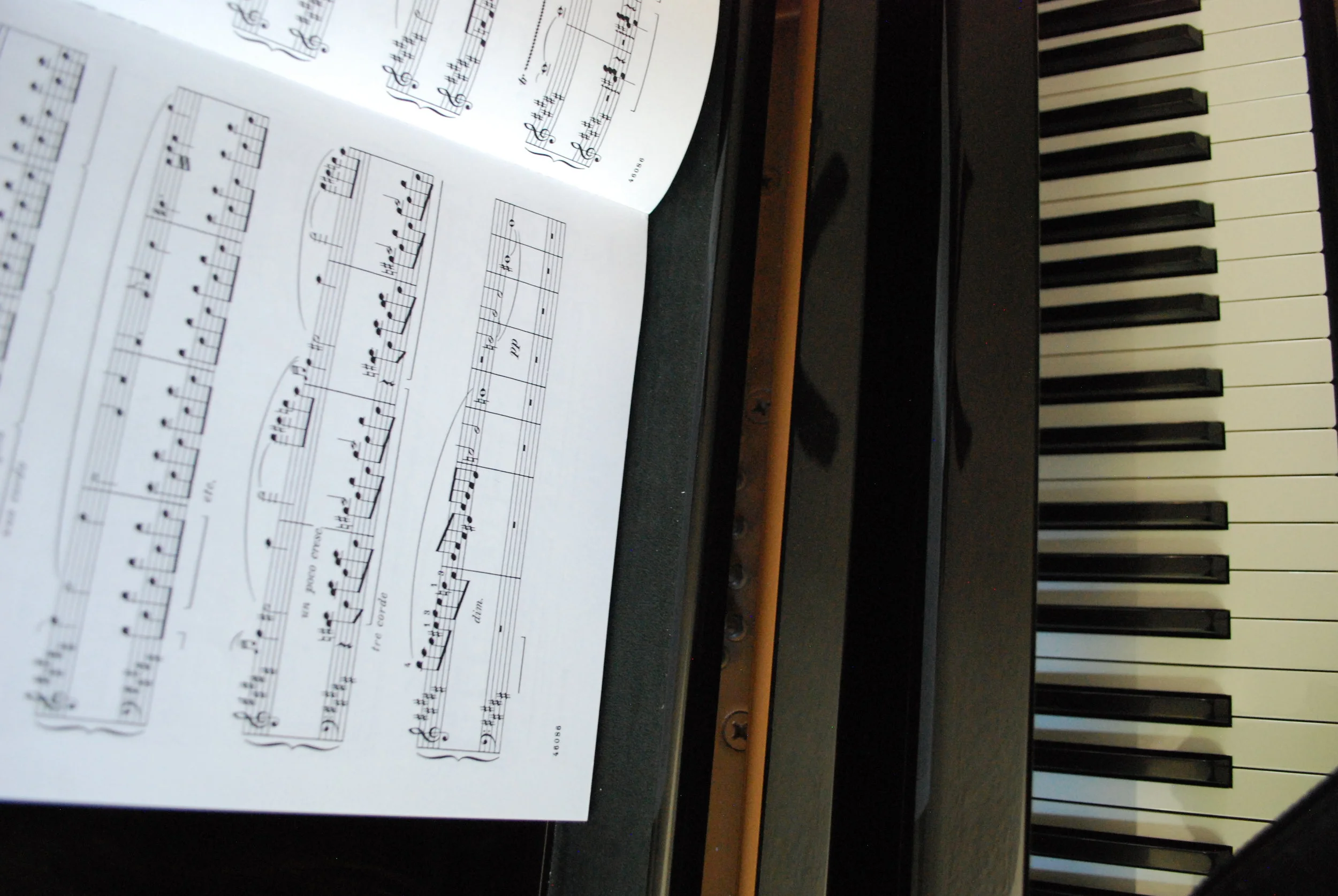Parents
Welcome parents of the Damon Piano Studio! Congratulations on starting your child on their musical journey!
Is your child ready for Piano lessons?
Often I get asked if I think a child is ready for lessons, and while there is no correct answer, here is a list that might be able to help!
- Do you own a piano? Owning a piano at home is essential if the student wishes to make progress outside of lessons. Make sure the piano is in a quiet, well-lit area of the home and ideally placed away from distractions like the T.V. or computer. Make sure acoustic pianos are in-tune (always tune once a year!). Also make sure the piano has a proper adjustable bench to allow for your child's growth over the years.
- Has your child played around on the piano? Encourage your child to experiment on the piano. Where are the high and low sounds? Do they notice the pattern the black and white keys make? Can they make soft and loud sounds? Pianos are very tough instruments and it takes a lot to break a string so encourage your child to play and get familiar with the piano!
- Talk about what your child is learning as they experiment and make discoveries. If you do not care about what they are learning, why should they? Start talking about the sounds they are making, what feelings or images come to mind when they play in different ways. Your child will begin thinking about playing the piano in a musical and expressive way!
- Does you child know their alphabet? The musical alphabet is the same as the first seven letters of the normal alphabet!
- Do they know their left hand from their right hand?
- Is the child mature enough to handle piano lessons? Can they sit for 30 minutes at a time?
(adapted from Elissa Milne's article "10 Things You Should Do BEFORE Your Child Begins Piano Lessons")
How can I help my child be the most successful in their piano lessons?
- Provide and perpetuate an enthusiastic attitude for learning.
- Provide a piano in the home that is in tune. A certified piano technician is recommended.
- Provide a properly adjusted bench and adequate lighting.
- Provide a practice area that is free from distraction.
- See that your child arrives on time for lessons and has regular attendance.
- Attend periodic lessons to keep up with your child's progress. (parent attendance is not mandatory, but is encouraged!)
- Assist your child in practice at home. Perhaps your child has trouble reading and needs someone to read directions, the assignment, or even the lyrics to the song they are learning.
- Check the lesson assignments regularly to make sure all materials are being practiced.
- Assist your child in establishing a regular practice time each day. Developing a routine will increase the likelihood that they will practice on a regular basis.
- Assume responsibility for make-up lessons.
- Provide encouragement and support for your child in all endeavors.
- Understand what is required of a young student (body position, hand position, practice steps, ect.)
- Pay tuition
- Provide any required materials and supplies and make sure your child comes prepared with these materials to each lesson.
- Listen to recordings with your child.
- Take your child to concerts.
- Convey the importance of music lessons to your child when he/she may want to stop lessons.
